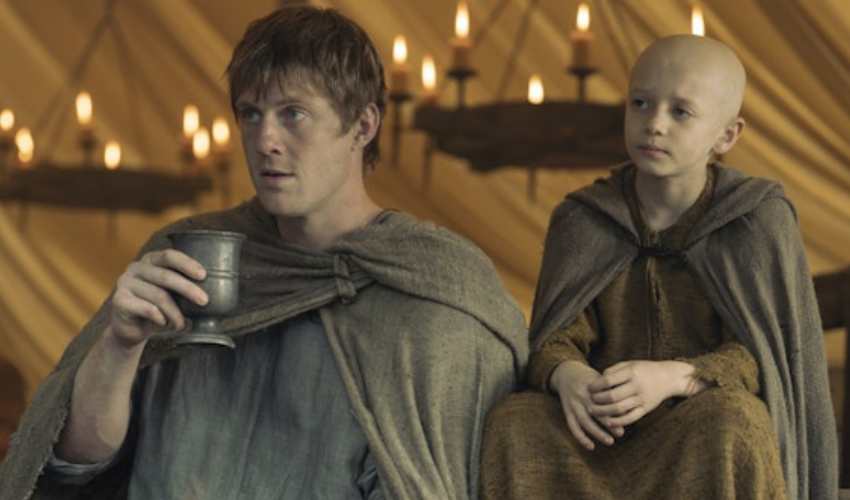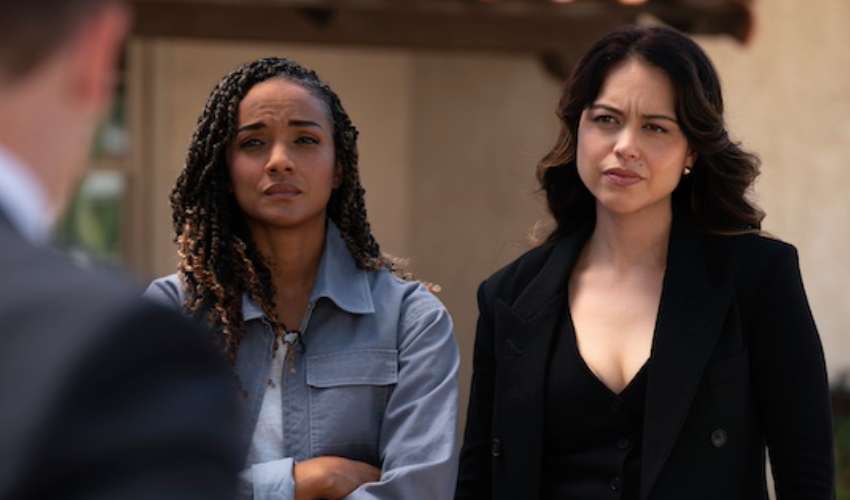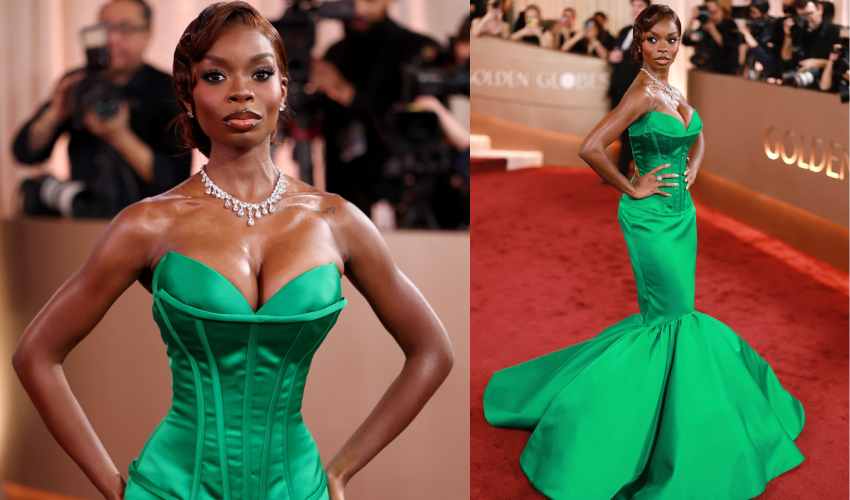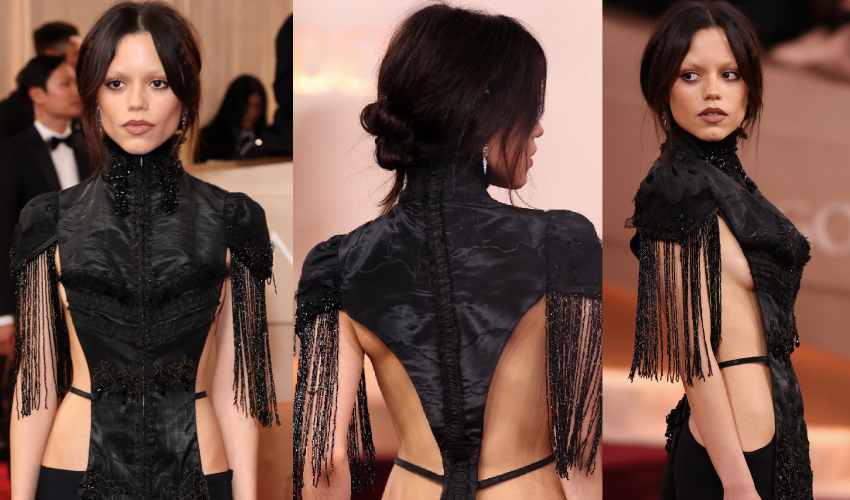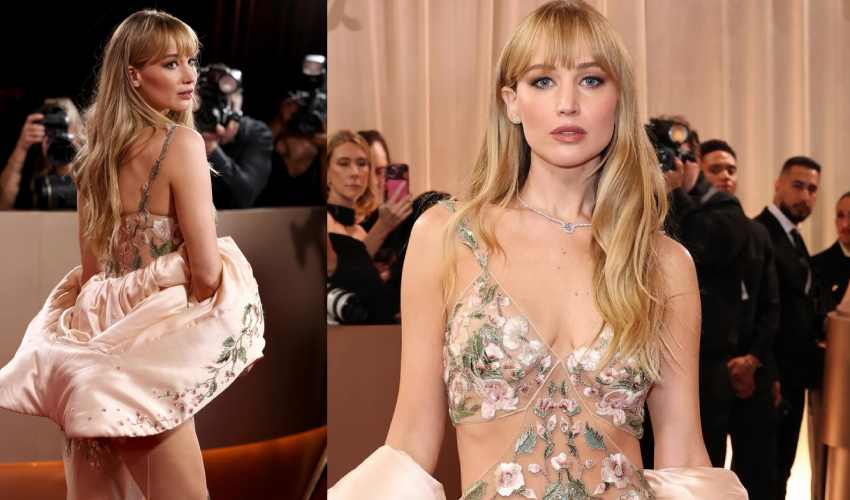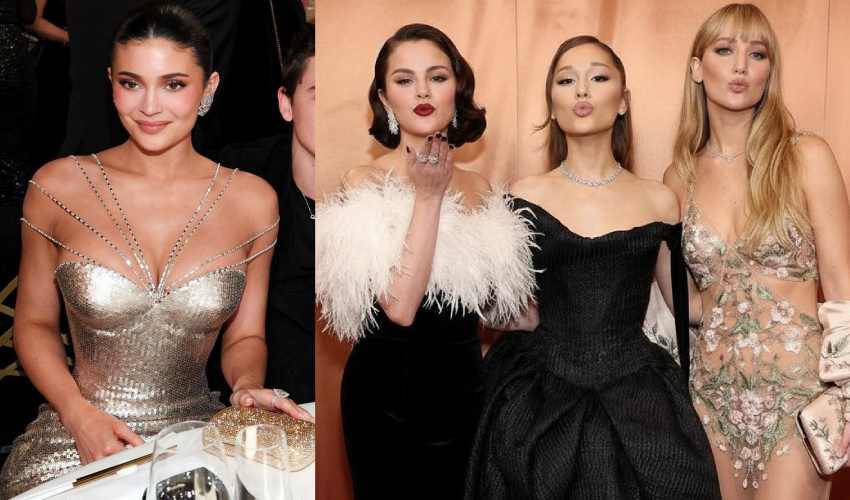Maxton Hall Season 2 Review: Fans React to Ruby and James’ Romance

Maxton Hall Season 2: Why Fans Feel the Magic Isn’t the Same Anymore
Right from the opening moments of Maxton Hall: The World Between Us Season 2, it’s clear that things have shifted. Ruby Bell (Harriet Herbig-Matten) seems momentarily lost, not because she doubts herself, but because everything around her feels heavier, darker, and more uncertain. That mood carries through the season: visually stunning and full of emotion, yet missing the spark that made the first season so captivating.

Image source: IG/AmazonMGMStudio
Where the Charm Went
The original season had clichés, sure — rich boy meets ambitious scholarship girl, slow-burn romance, family tension — but it worked. Ruby and James (Damian Hardung) made you root for them. Their chemistry carried the show.
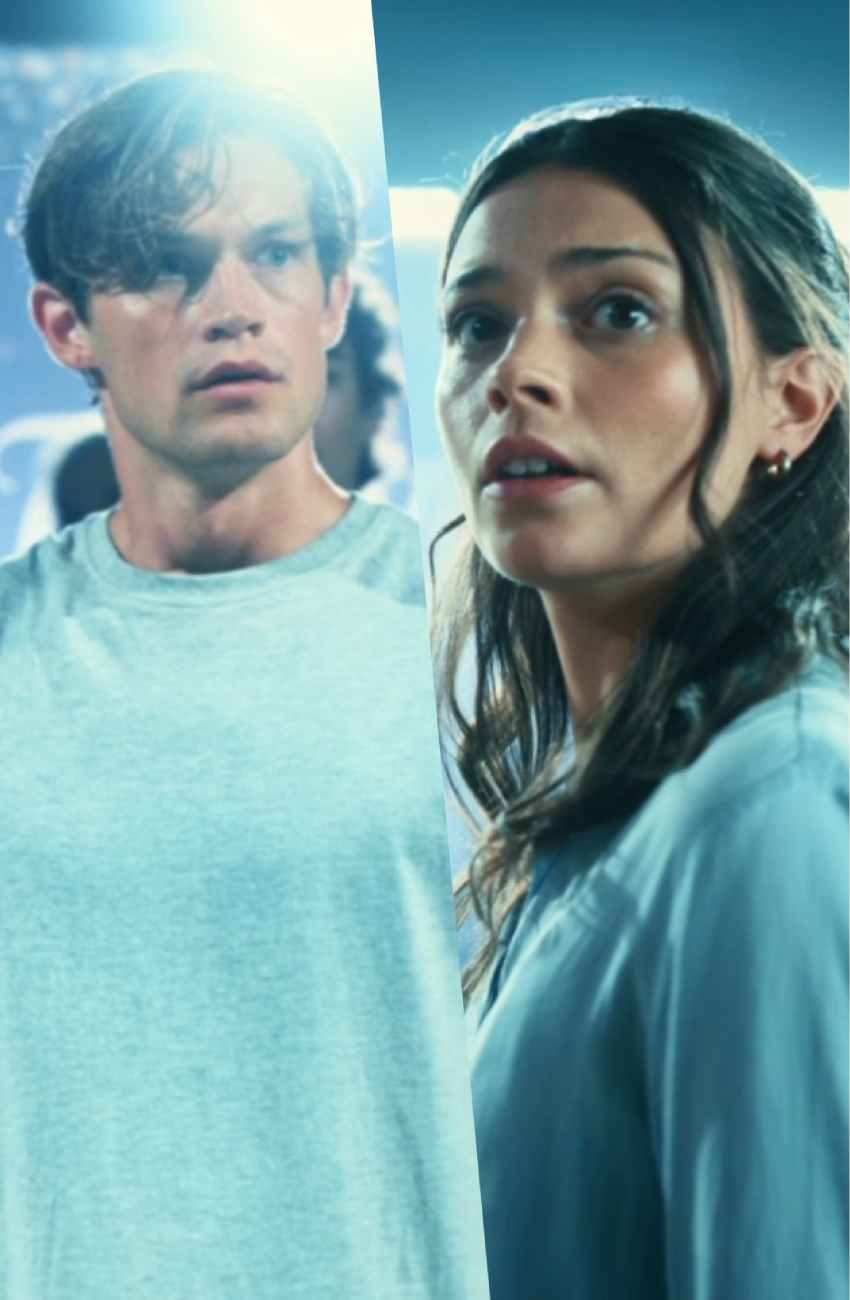
Image source: IG/AmazonMGMStudio
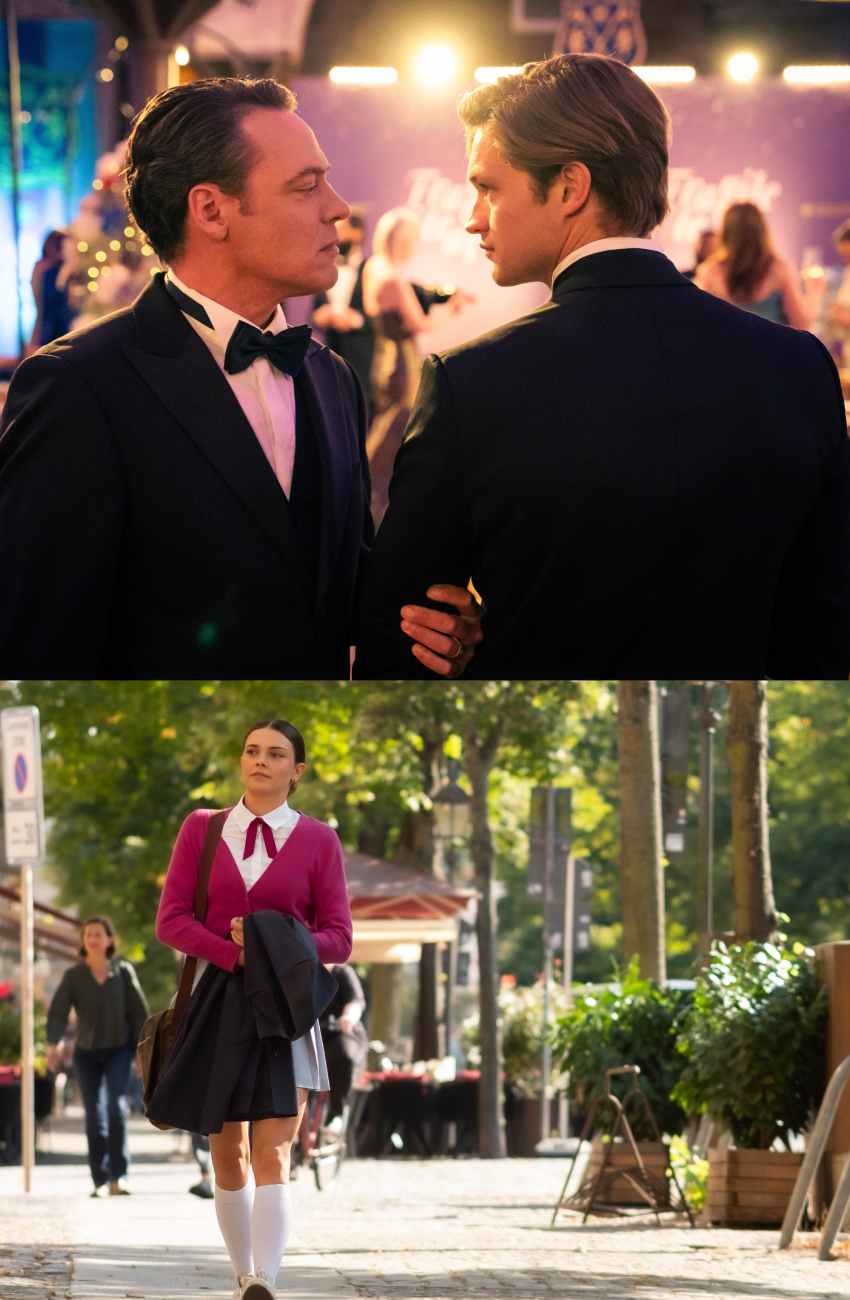
Image source: IG/AmazonMGMStudio
Season 2, unfortunately, trades that charm for constant gloom. The story dives into grief and family tragedy right from the start. James and Lydia’s mother has passed (not a spoiler if you watched Season 1), and the show leans heavily on the sadness. Grief can add depth — but here, it sometimes overwhelms the characters. Ruby, who was once fiery and strong-willed, often feels like a passenger in her own story.
The Shadow of Mortimer Beaufort
Mortimer Beaufort (Fedja van Huet), James and Lydia’s father, dominates nearly every scene. Once a figure of authority, he now feels like a looming villain in a designer suit. His wealth and power aren’t just a class divide — they’re a personal weight, casting a shadow over everyone. It’s impressive as storytelling, but it leaves less space for other characters to breathe.
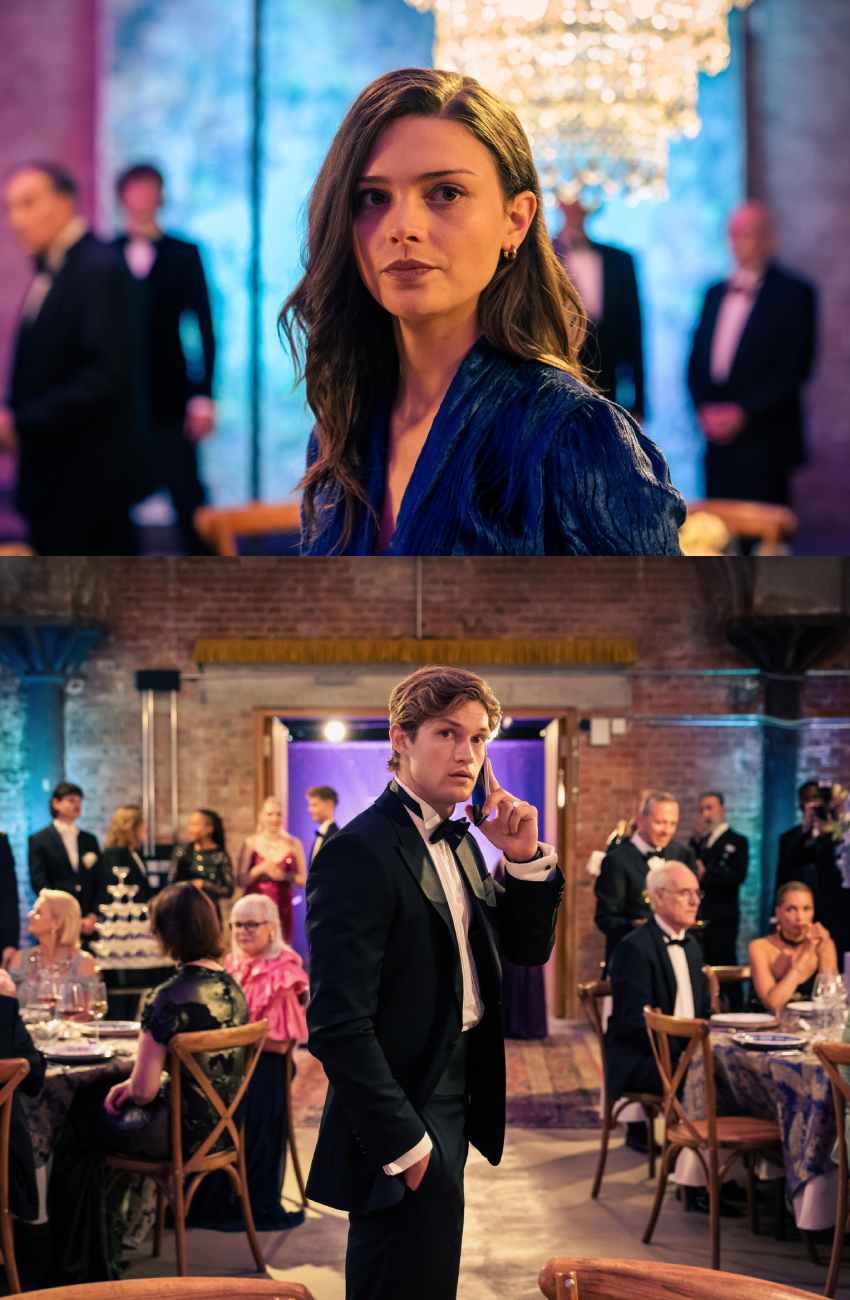
Image source: IG/AmazonMGMStudio
Moments That Still Shine
Even with the heavy tone, there are sparks. Ruby and Lydia’s friendship feels real, warm, and grounding. It’s the kind of bond that makes you care when everything else feels suffocating.
James also grows in small, meaningful ways. He faces grief, tries to push back against his father, and learns to love without guilt. Damian Hardung brings a vulnerability to the role that reminds you why their story was compelling in the first place.
The Problem of Repetition
The show often circles the same emotional beats — separation, heartbreak, reconciliation — without offering anything new. The beautiful halls, fairytale scenery, and dramatic cinematography can’t fully mask the repetition.
Yet there’s still something appealing about the way it captures teenage longing. The mix of desire, defiance, and the need to be seen resonates — especially with younger viewers.
Popular Posts
Nell Fisher Brings Holly Wheeler Magic to Jimmy Fallon Show
Updated 9 hours ago
Netflix’s To Love, To Lose: Turkish Series Story, Cast & Release
Updated 1 day ago
Finding Her Edge Netflix Release Date, Time, Cast and Story
Updated 1 day ago
The Traitors winner predicts final players ahead of finale
Updated 3 days ago
Fans can watch The Traitors season 4 finale in UK cinemas
Updated 3 days ago
What Is New to Watch Today on Netflix and Prime Video
Updated 3 days ago
Pole to Pole With Will Smith National Geographic Series 2026
Updated January 13, 2026
Love Island All Stars Season 3 Faces Sudden Fire Delay
Updated January 13, 2026
The Rookie Season 8 Episode 2 Air Date and Plot
Updated January 13, 2026

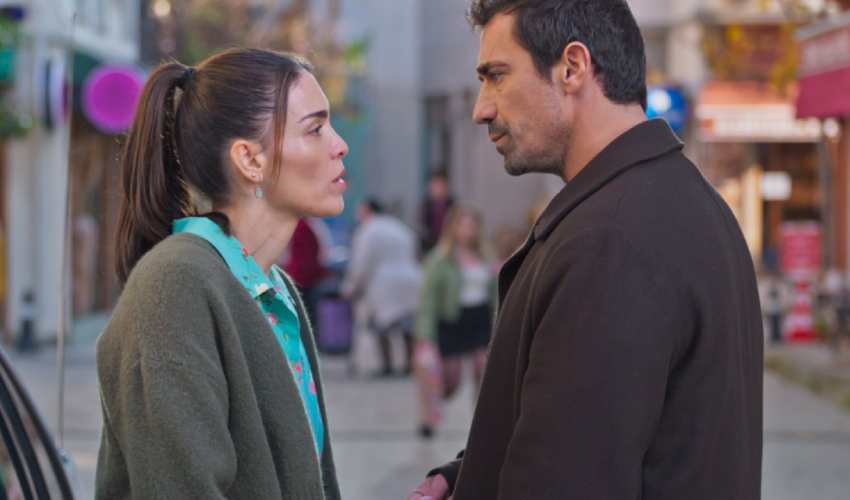
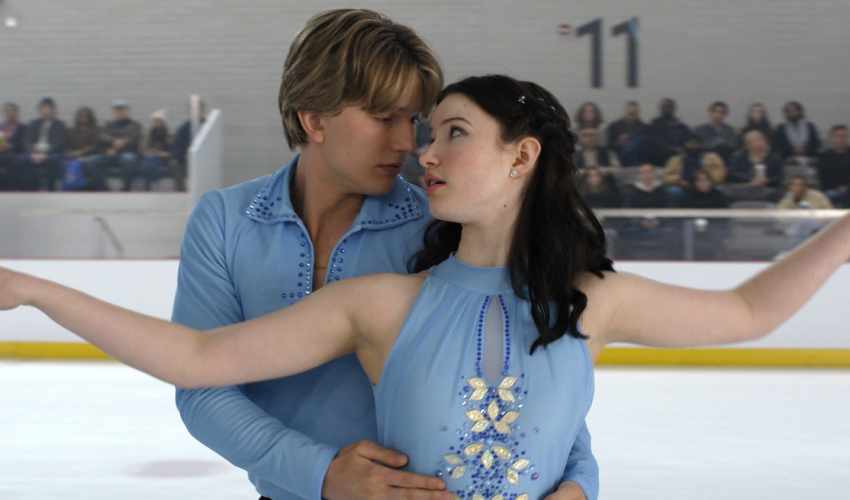
.jpg)

